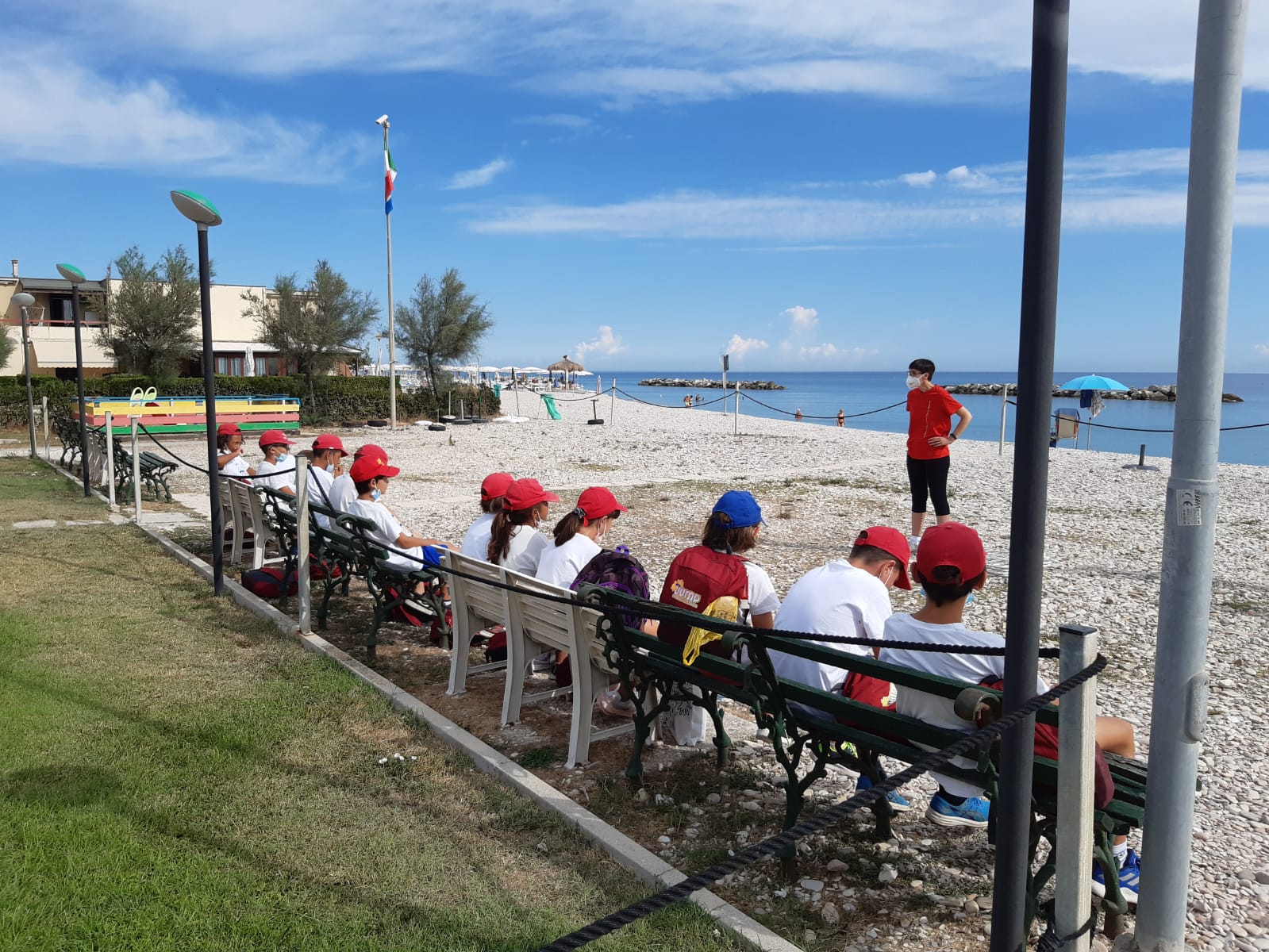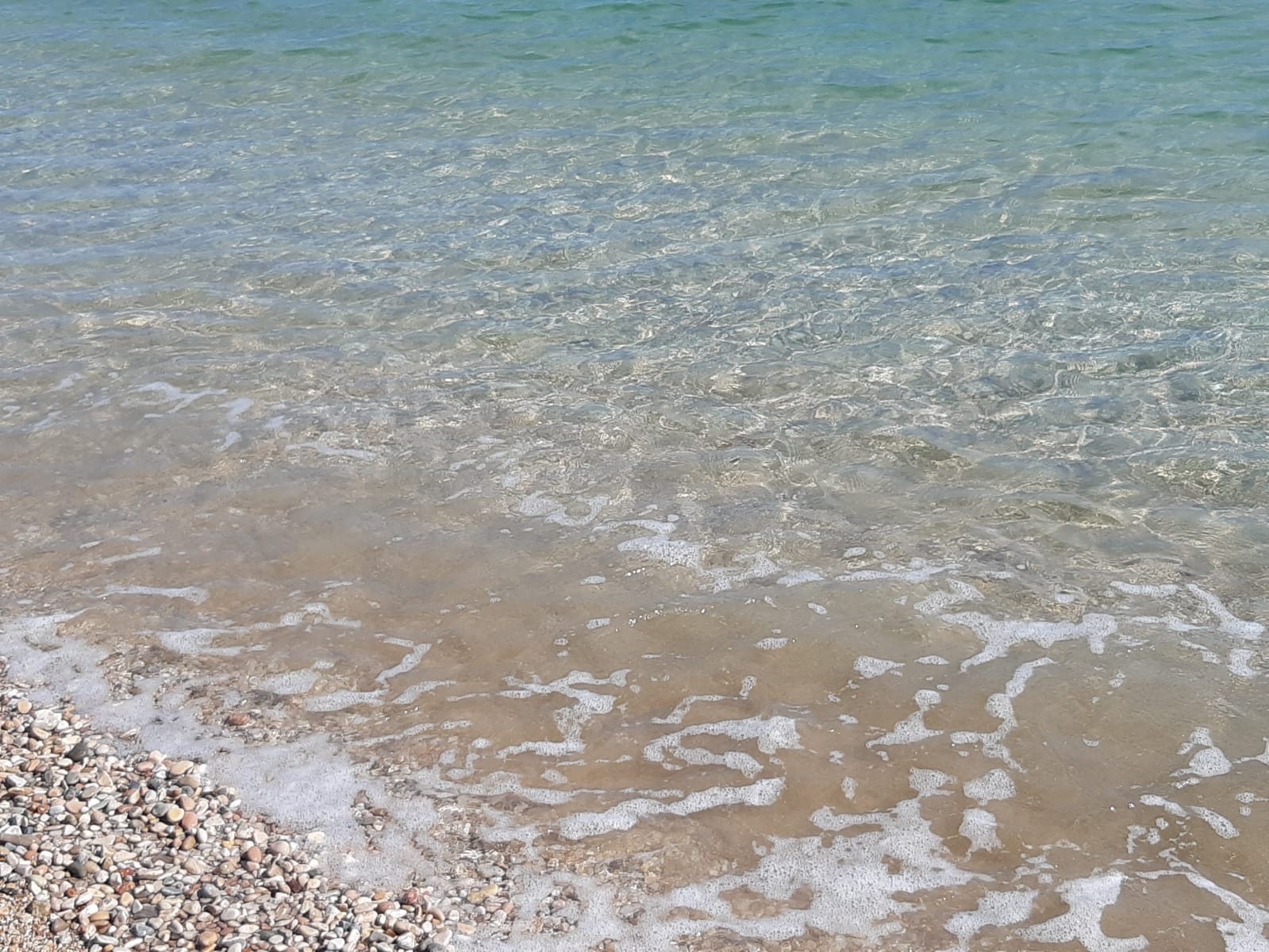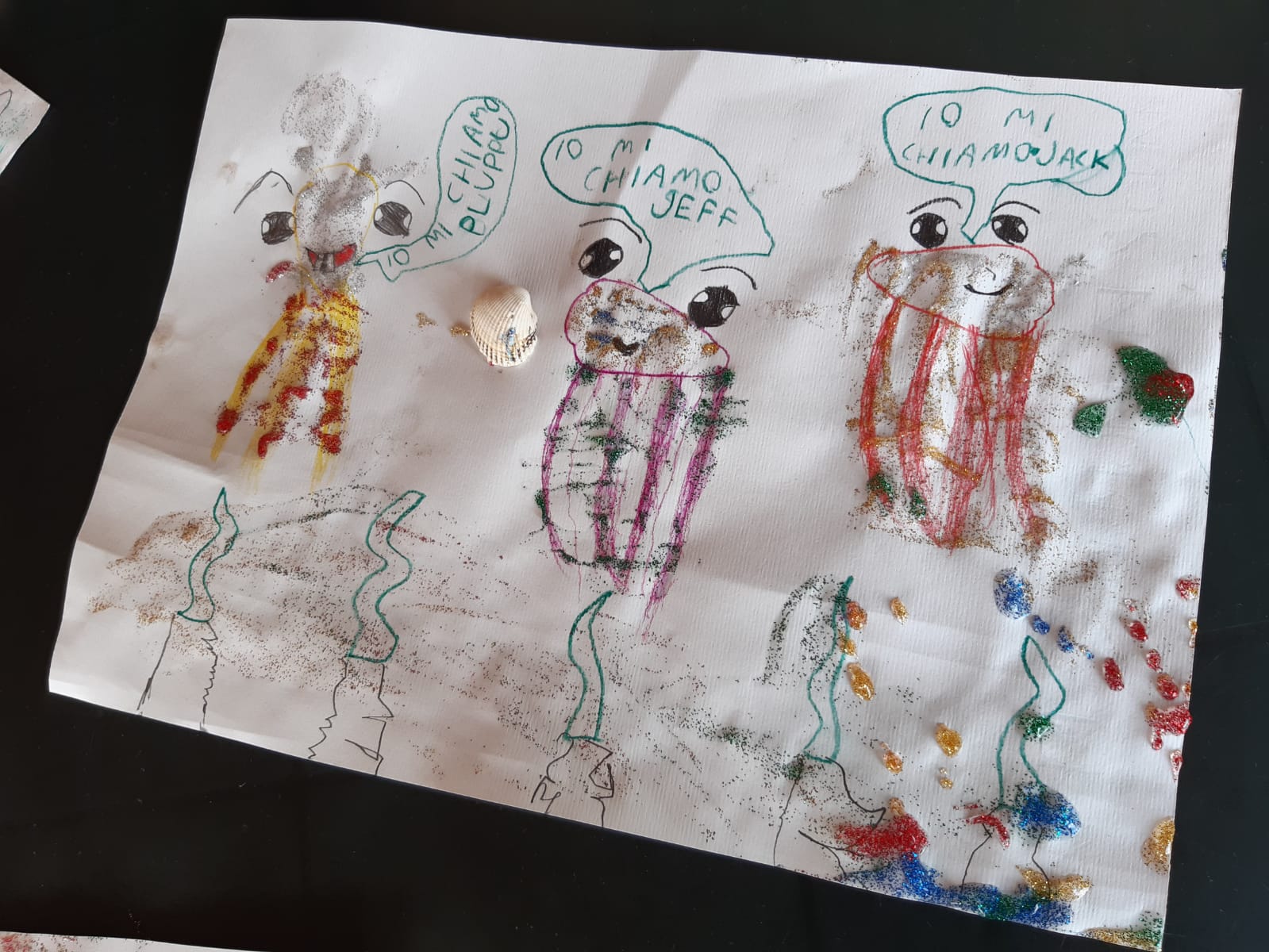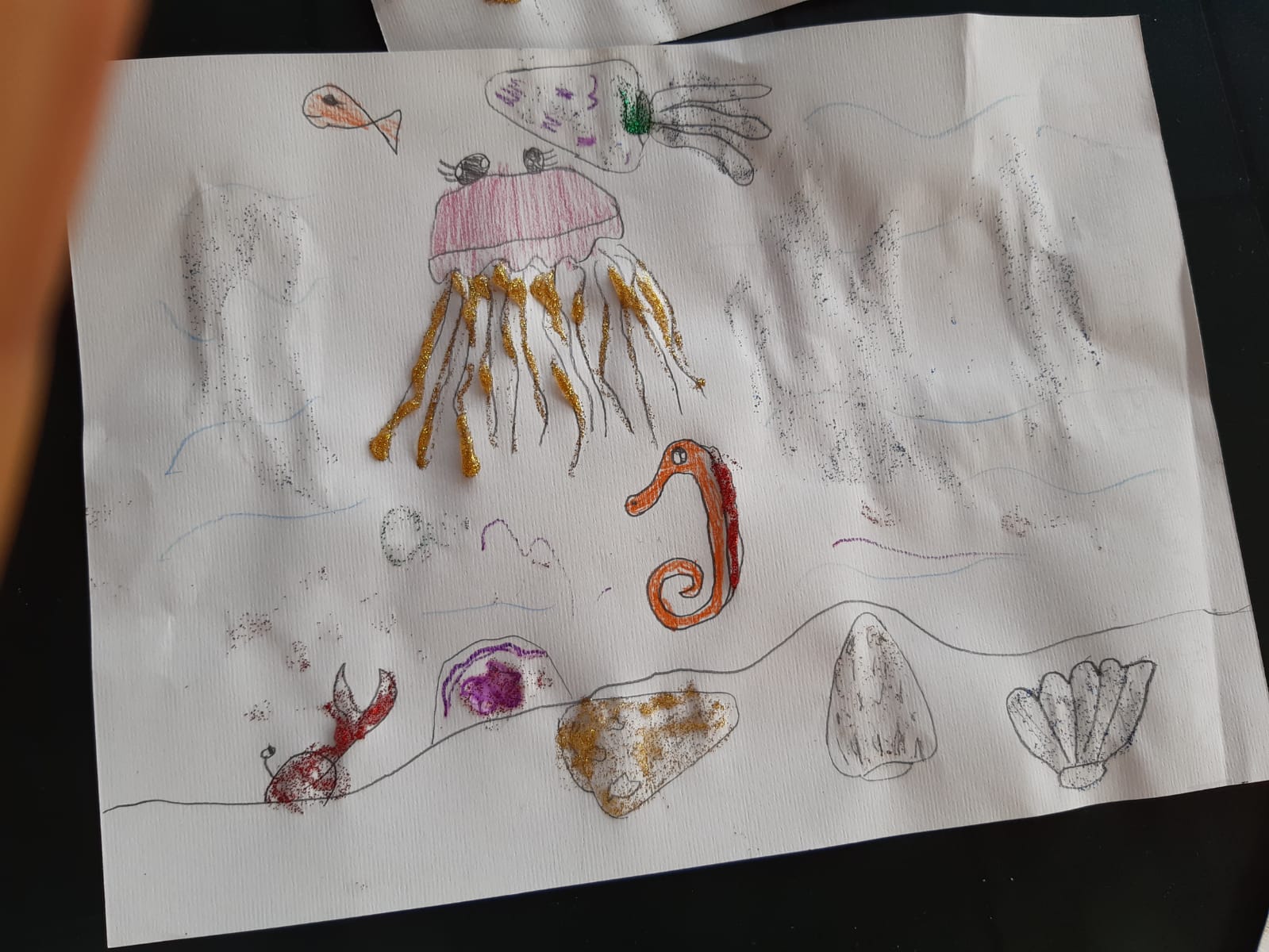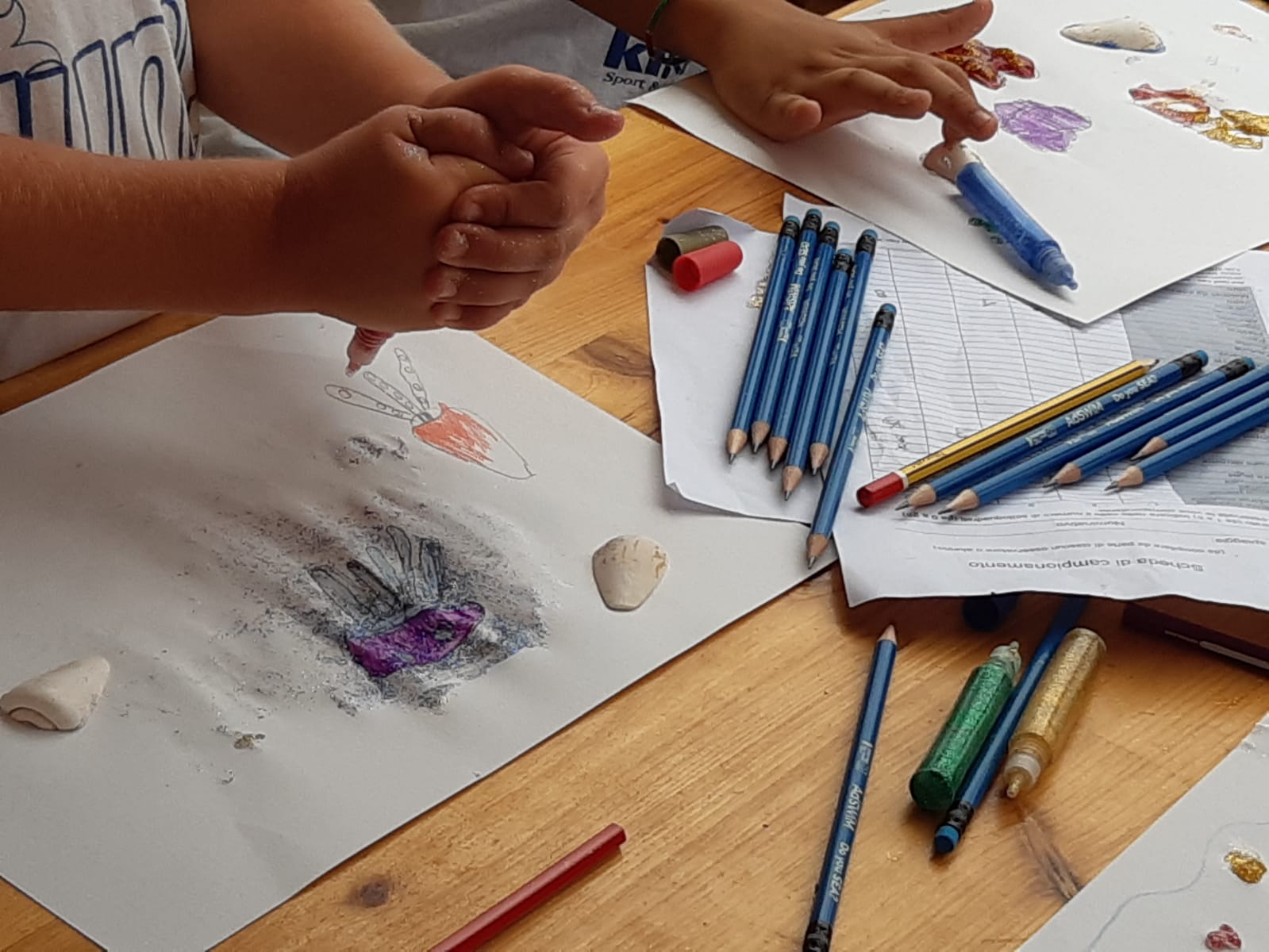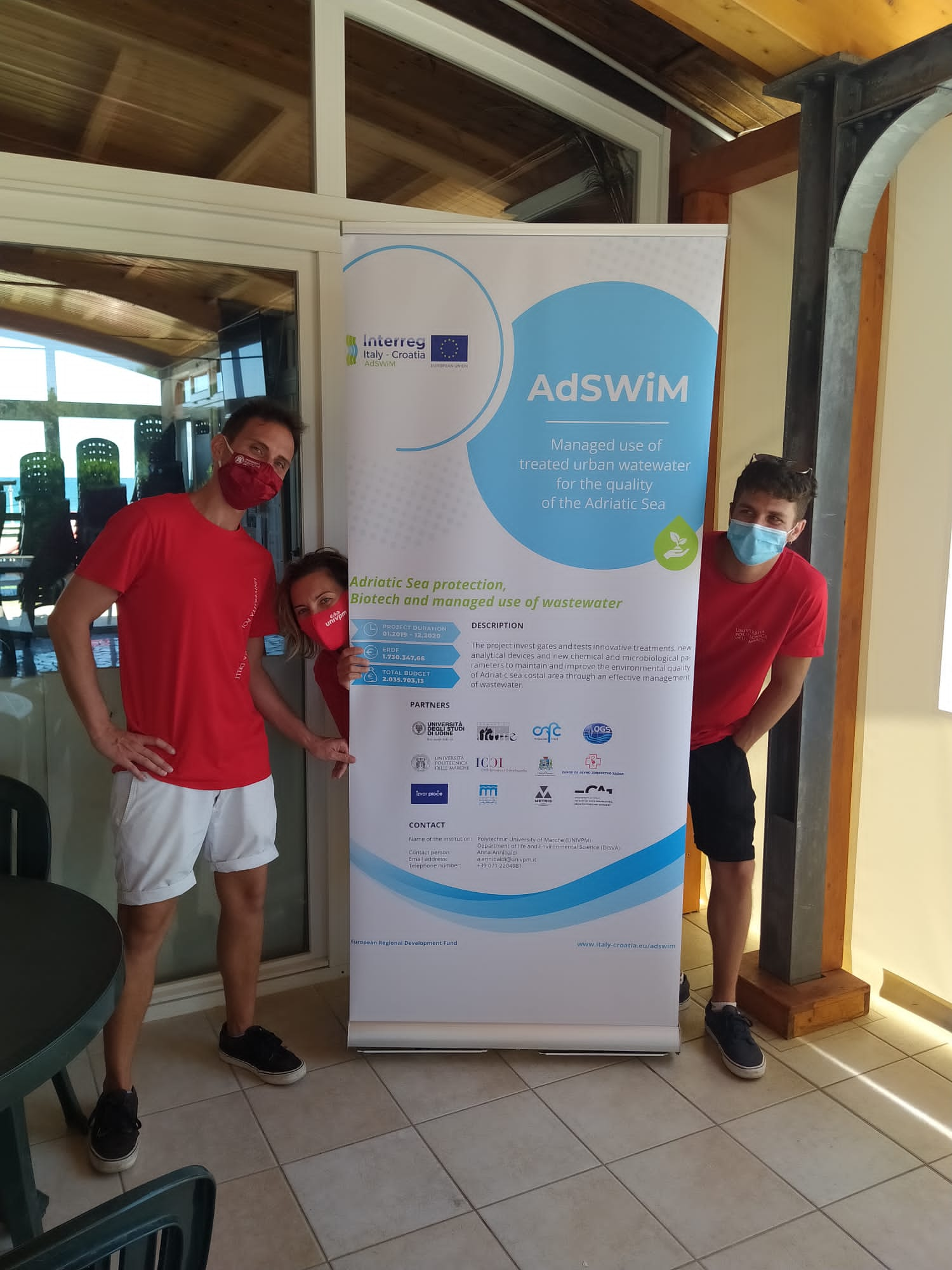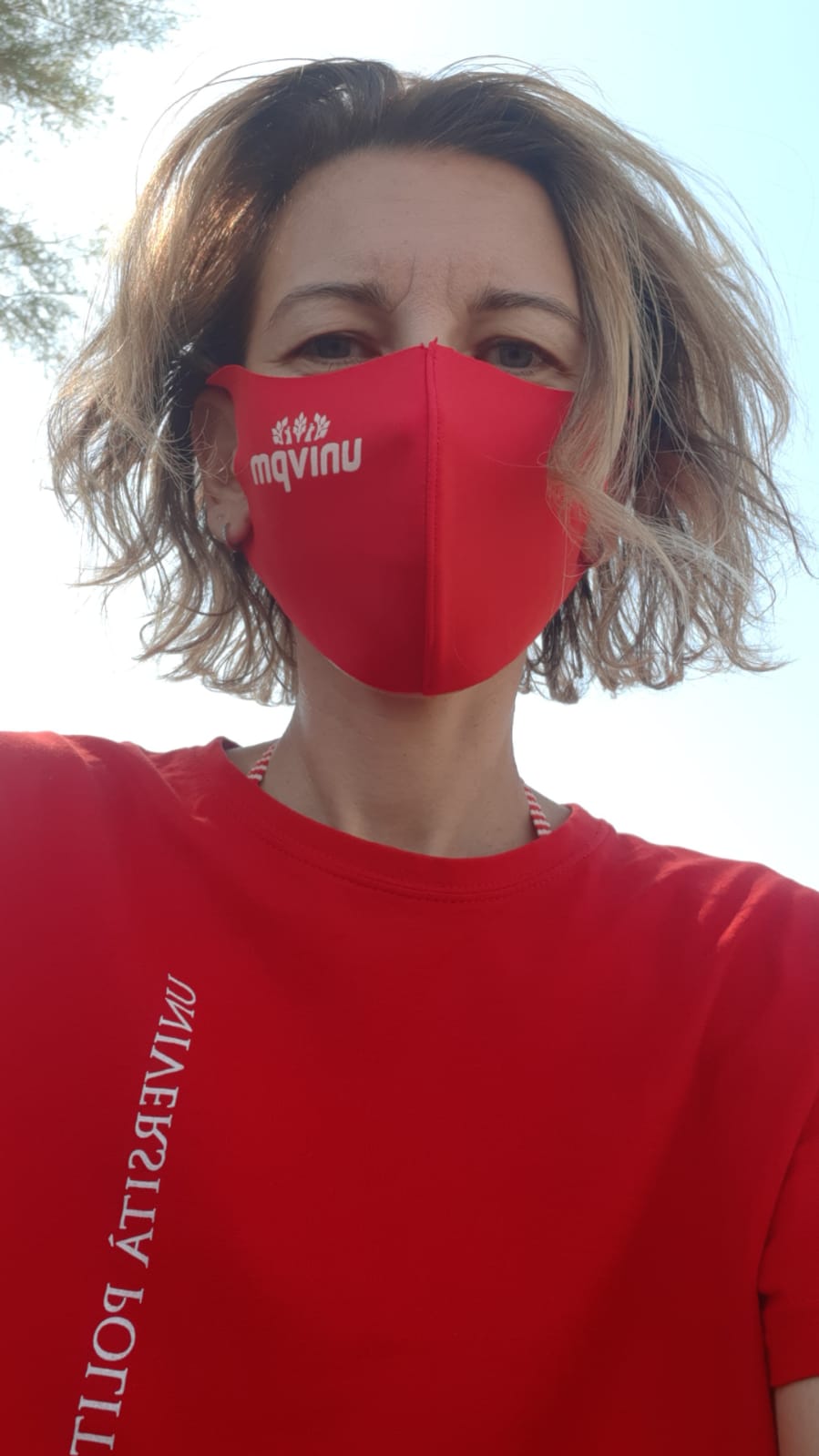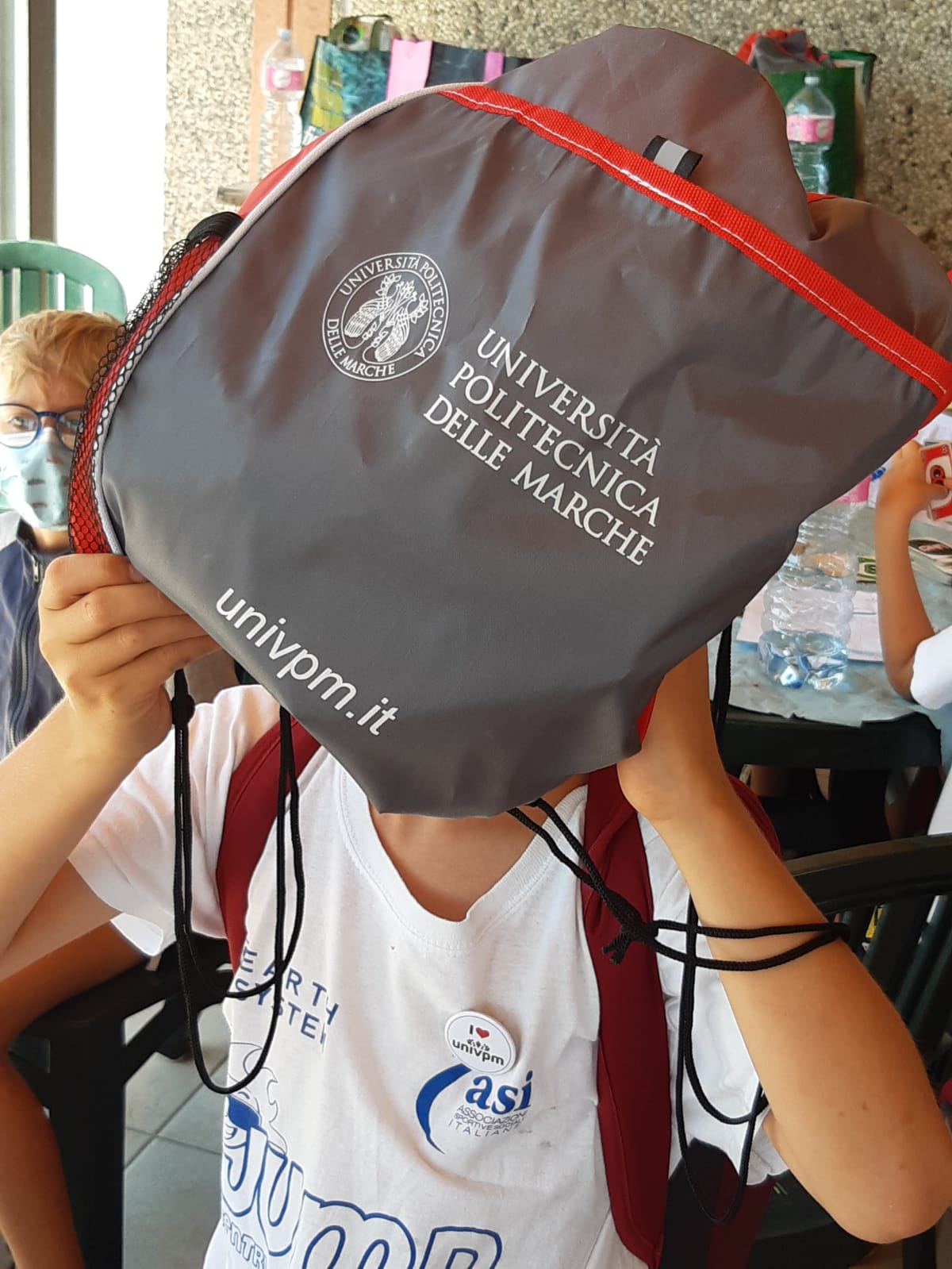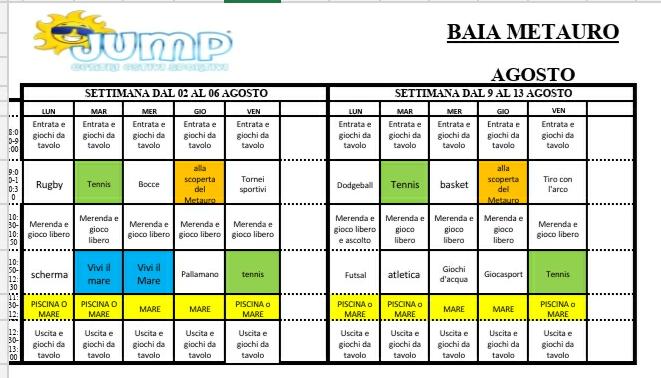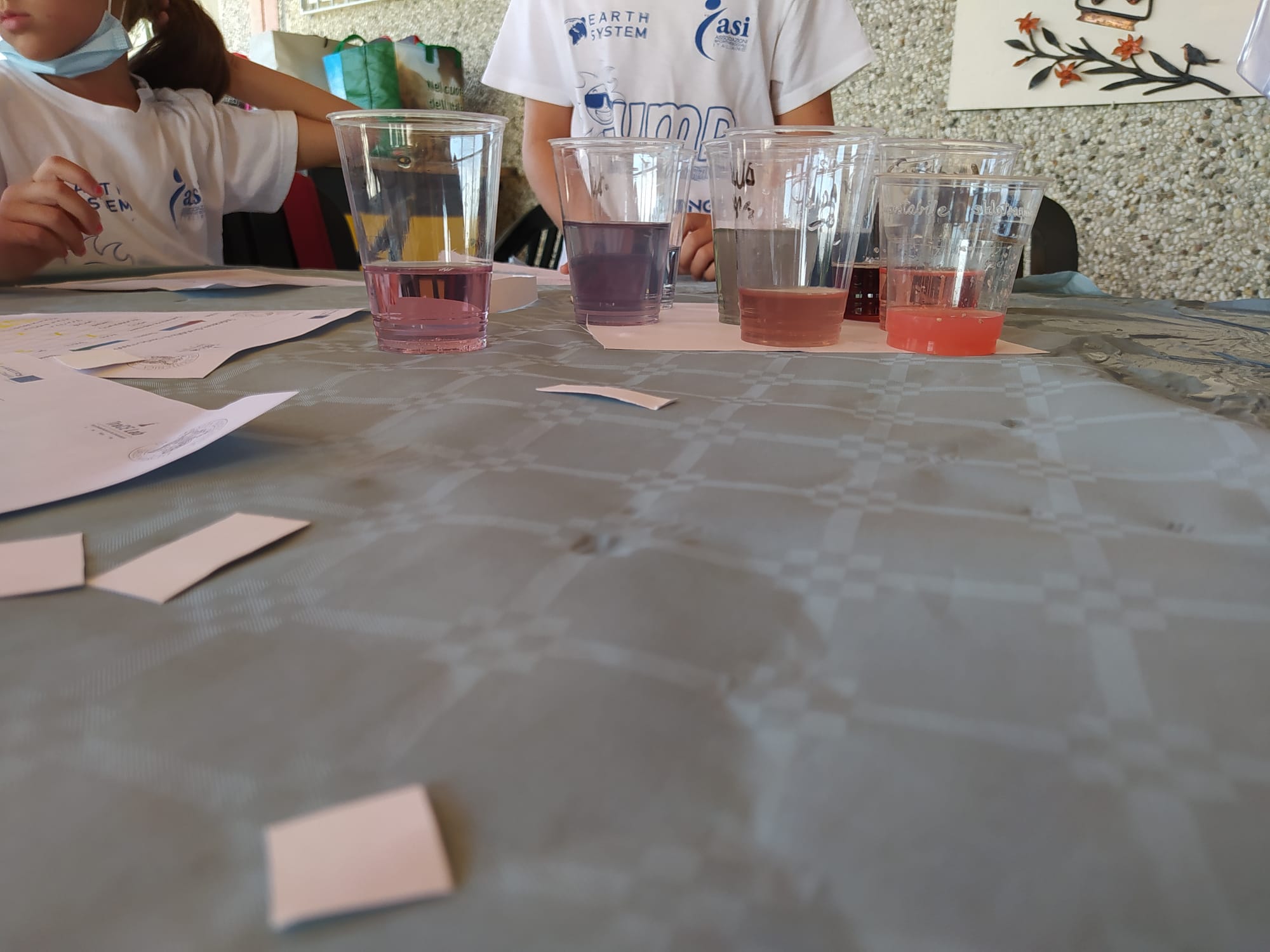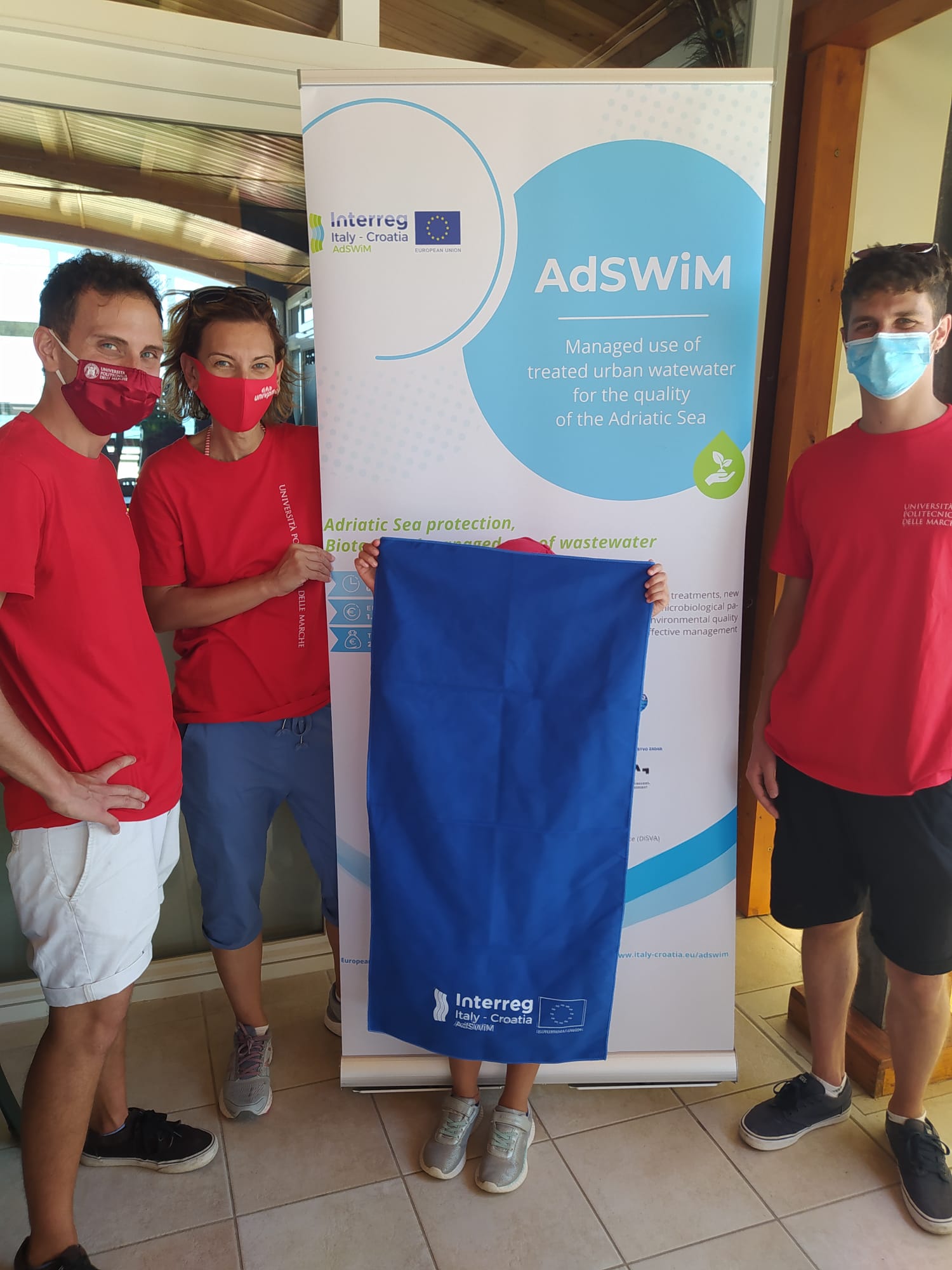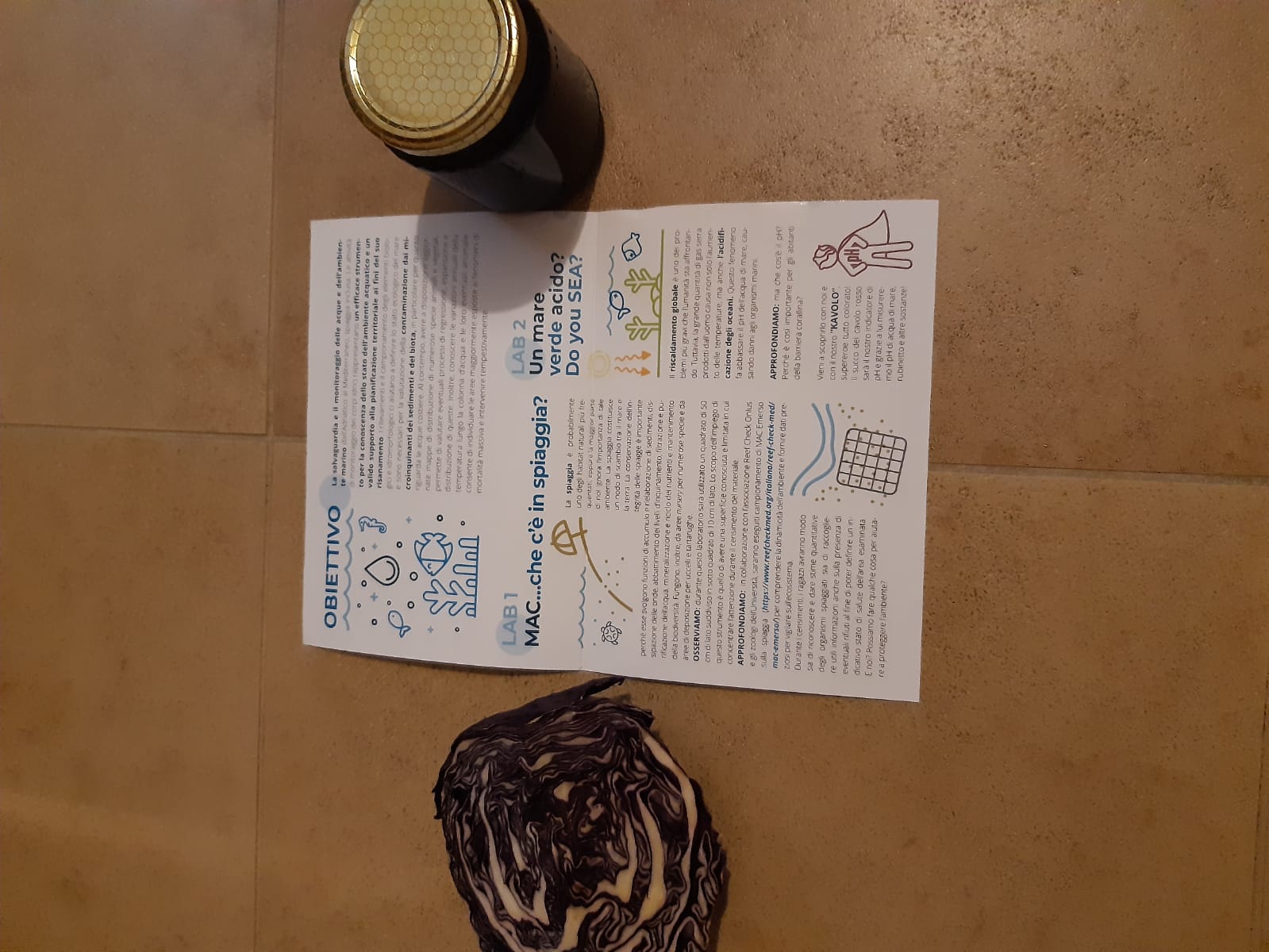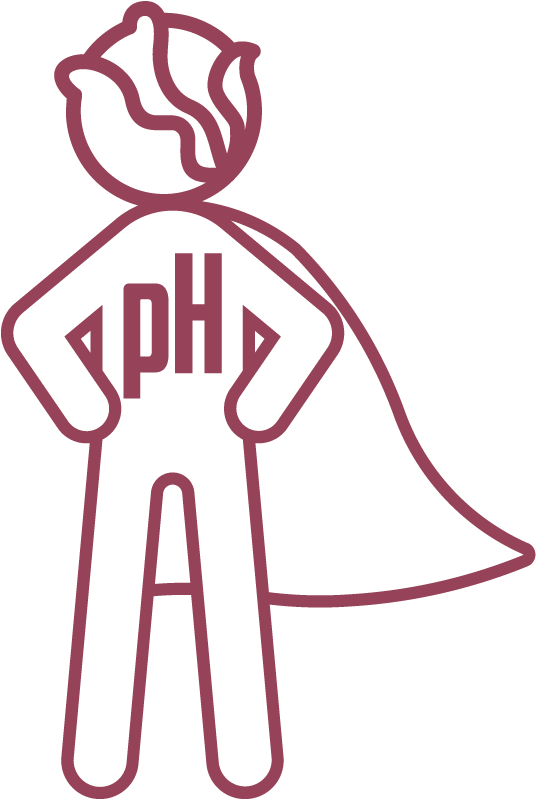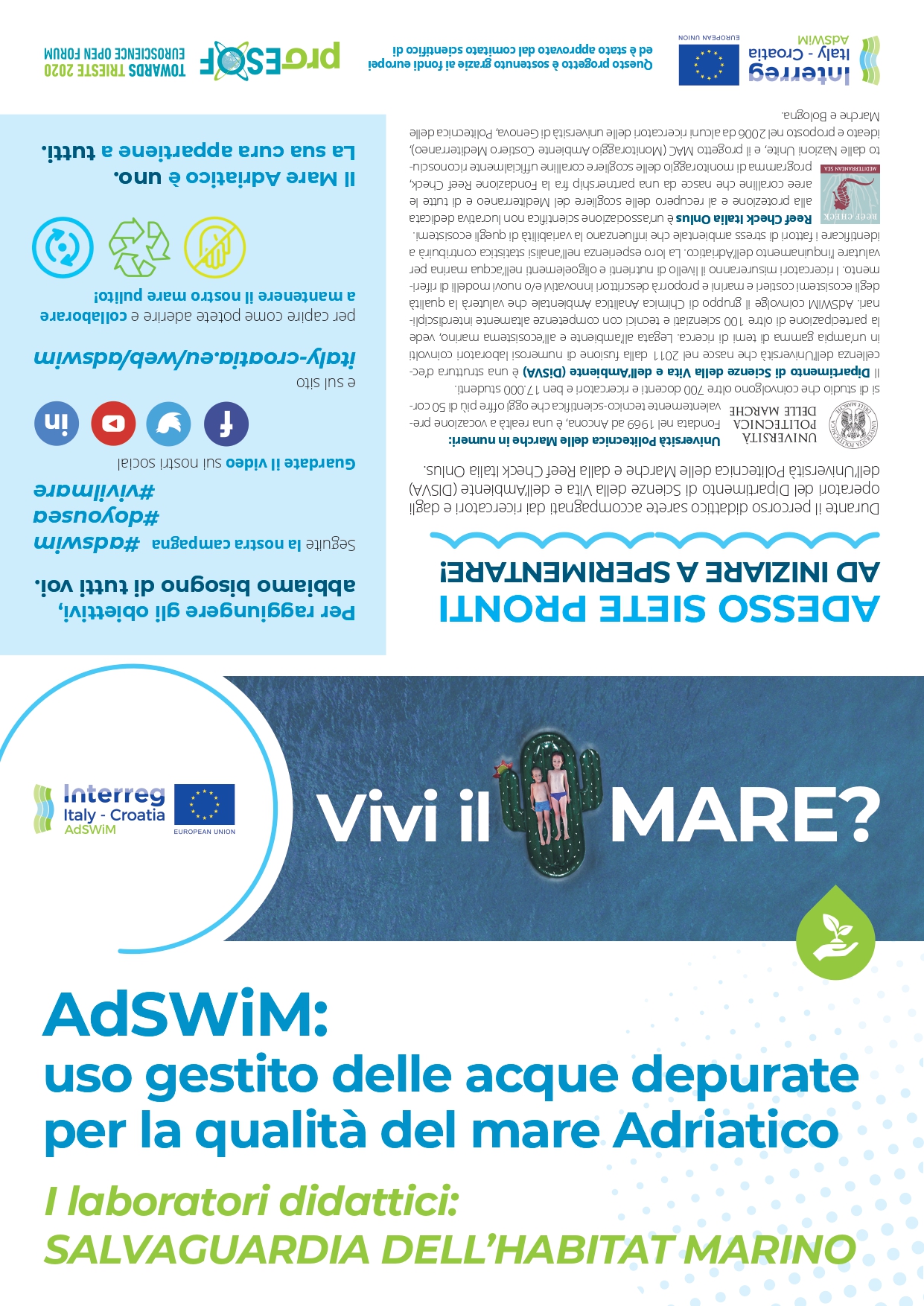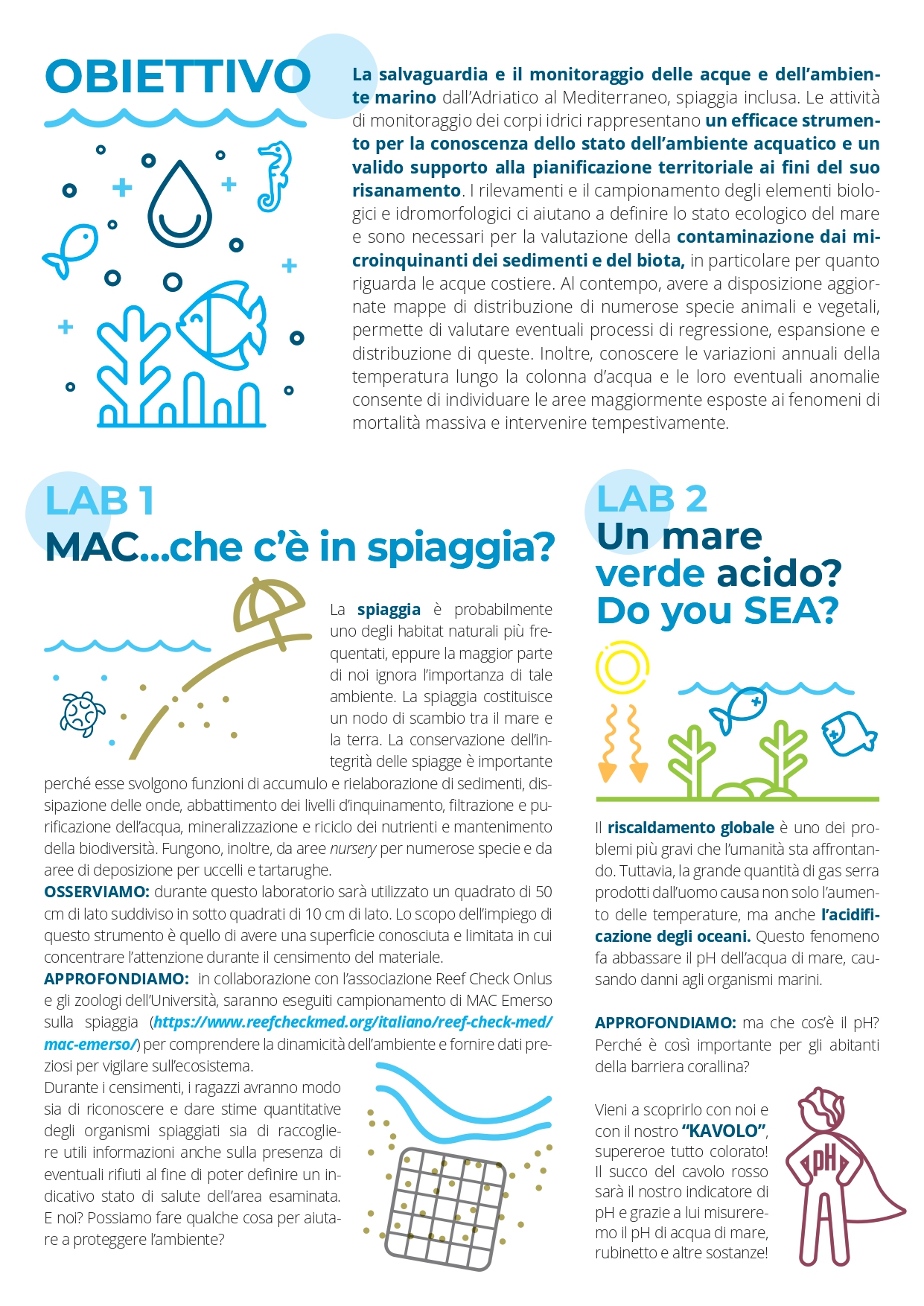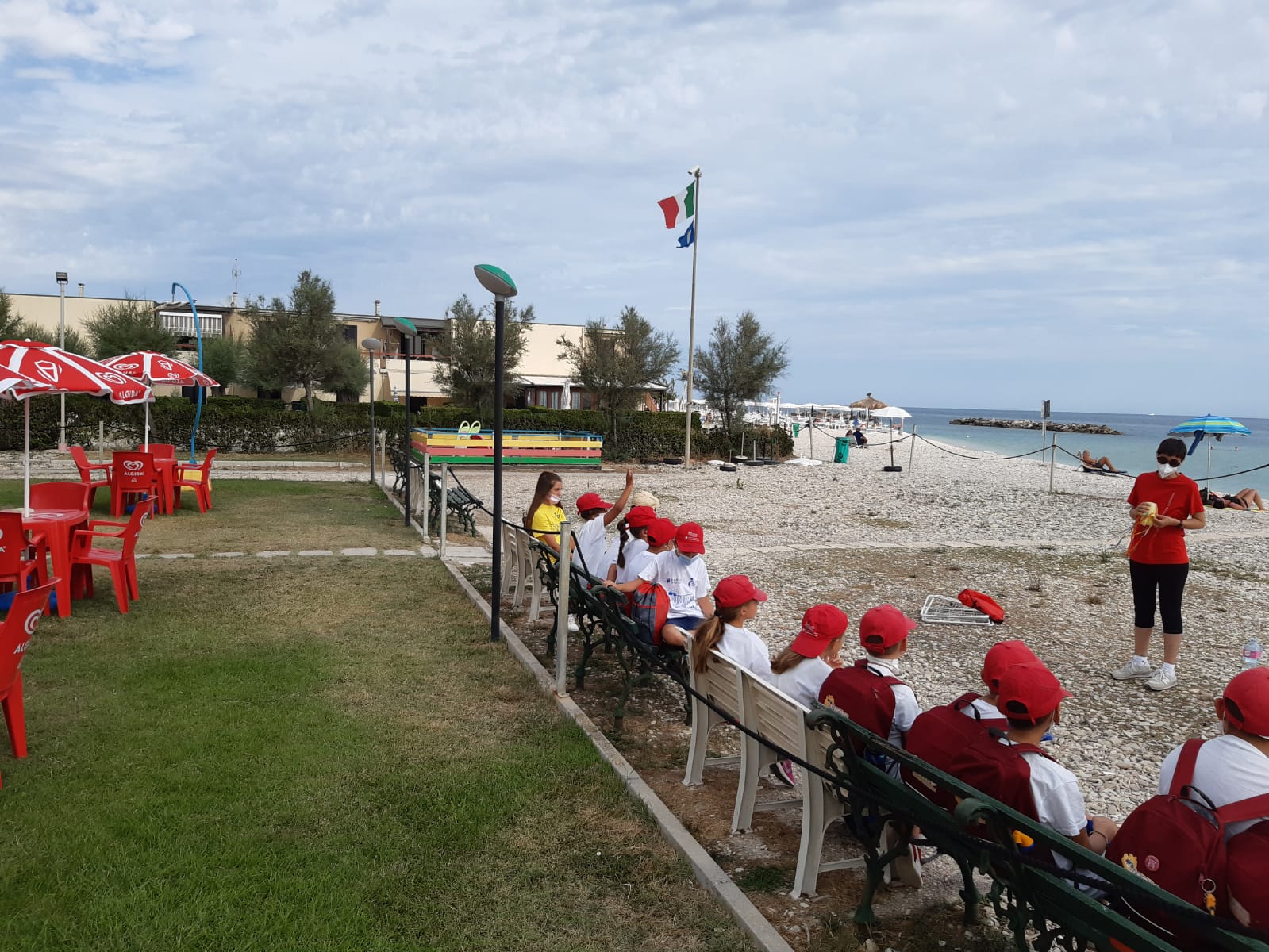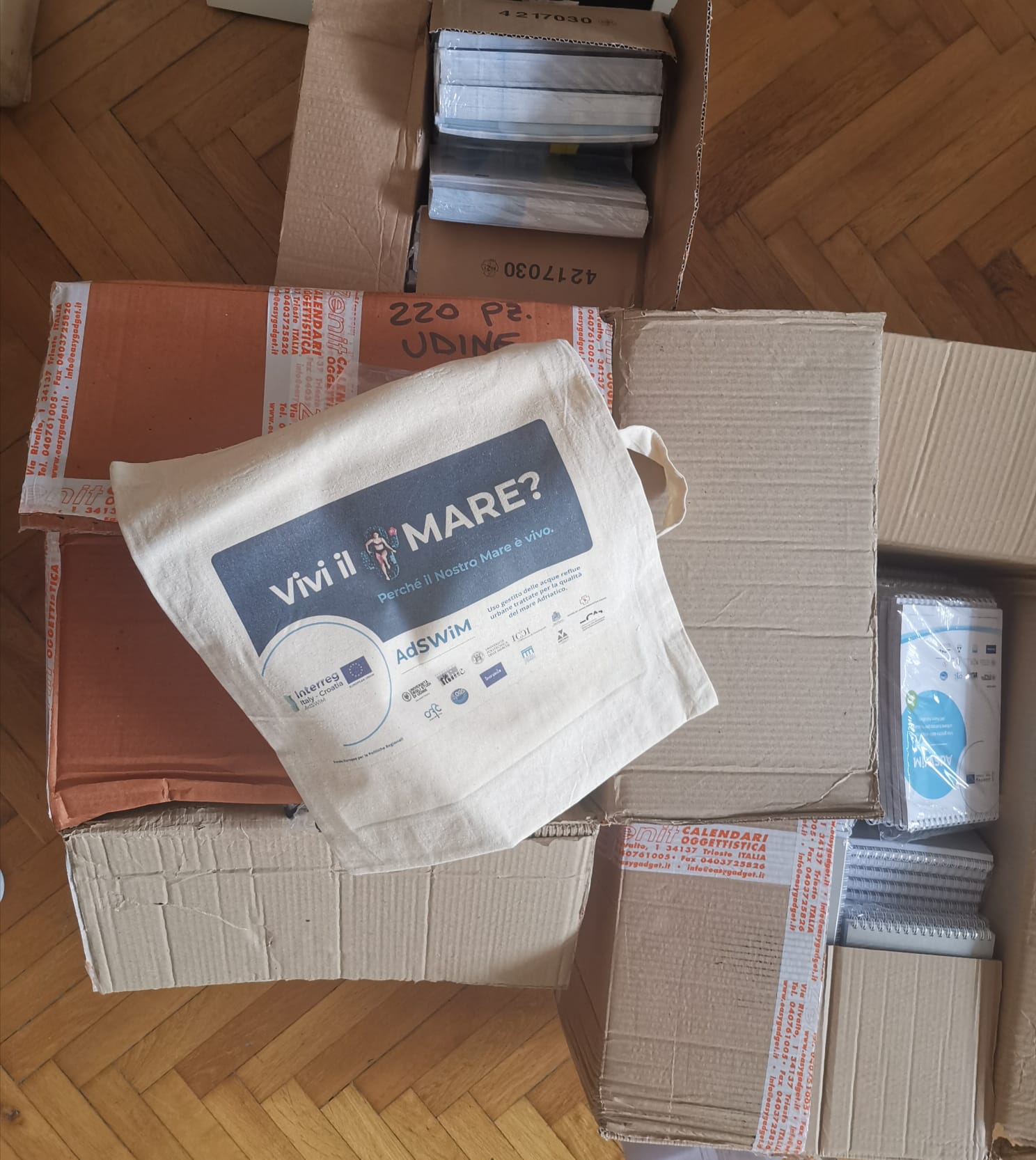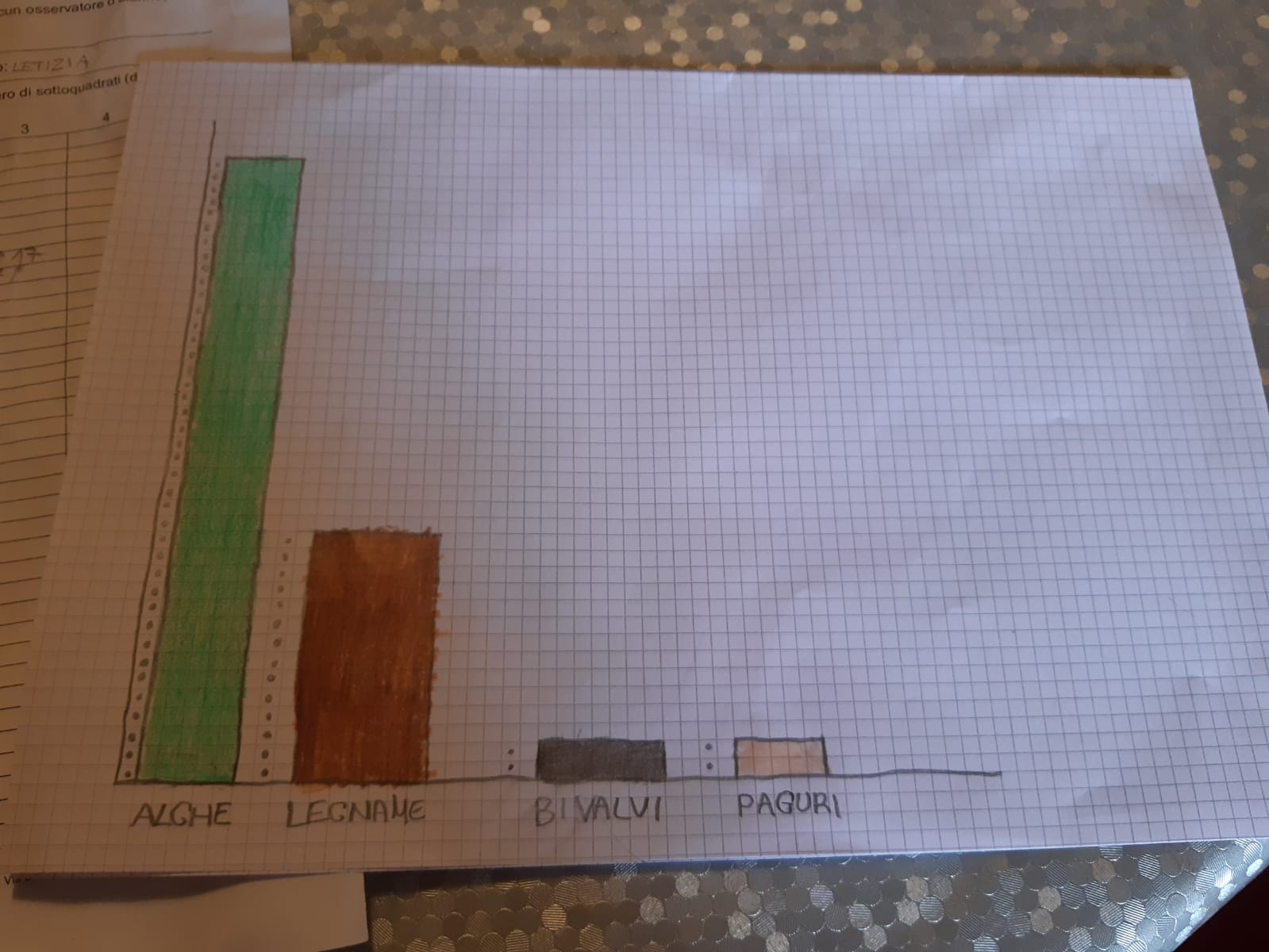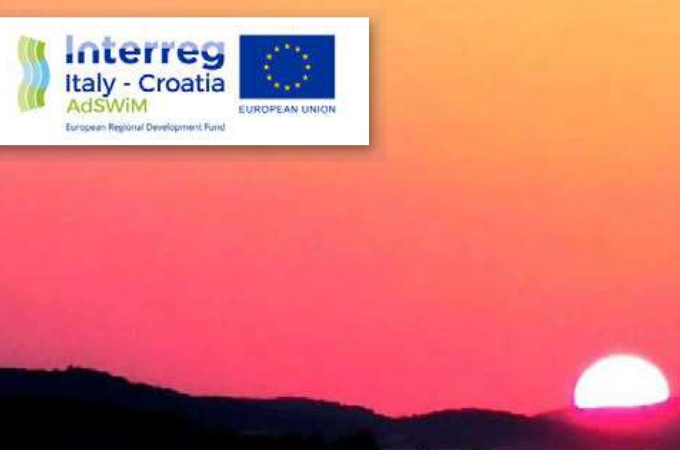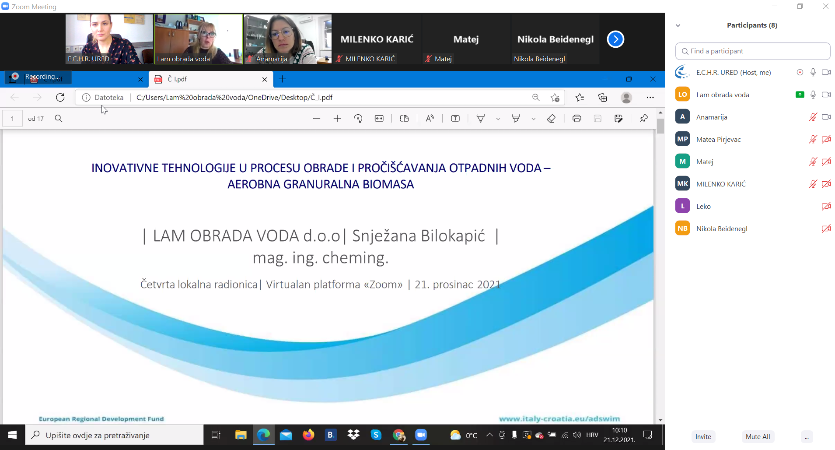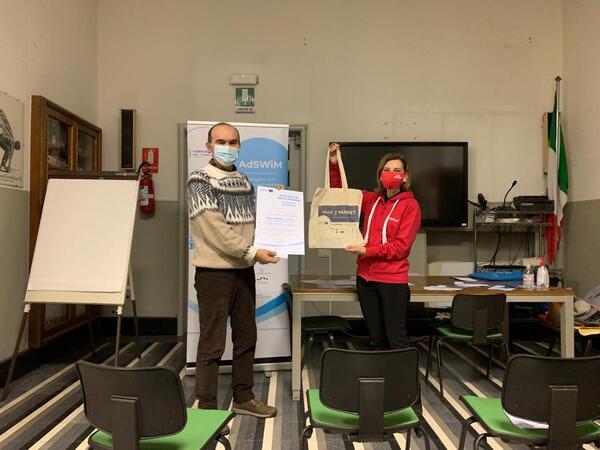The first lab was organised by the Reef Check Italia Onlus during which the kids carried out a sampling of MAC (Monitoraggio Ambiente Costiero – Monitoring of the Coastal Environment), one of the Reef Check Med Coastal Environment Monitoring Protocols, that emerged on the beach assisted by fellow zoologist Stefania Puce that explained to children the importance of these type of measurements to assess the ecological status of the Mediterranean and Adriatic marine coastal habitats and of the beach. During the censuses, the children were able both to recognize and give quantitative estimates of the stranded organisms and to collect useful information also on the presence of any kind of waste in order to be able to define an indicative state of health of the area examined. The researchers also presented some notions about the life of small medusas and the children did wonderful drawings.
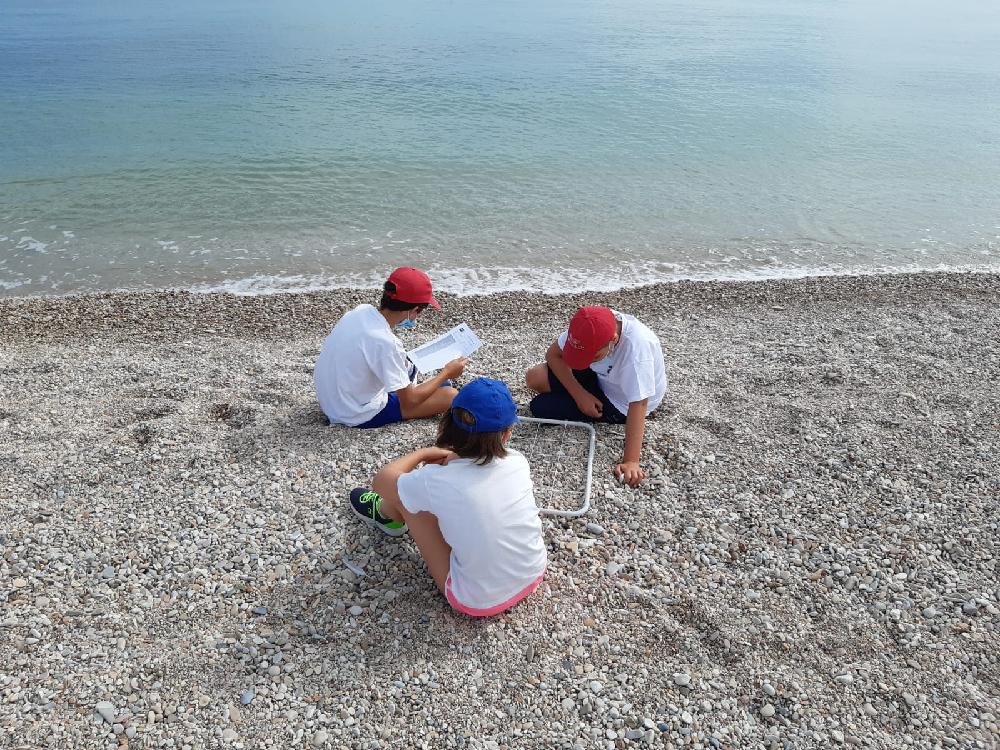
The second lab was organised by the Polytechnic University of Marche, Department of Life and Environmental Sciences (DiSVA) with the precious help of the professors Silvia Illuminati and Anna Annibaldi. They talked about the global warming that is one of the most serious problems humanity is facing nowadays. However, the large amount of man-made greenhouse gases causes not only the rise in temperatures, but also the acidification of the oceans. This phenomenon lowers the pH of sea water, causing damage to marine organisms. In order to explain the pH and why it is important to reef dwellers, our smart and creative researchers invented a colourful superhero “KAVOLO” (cabbage) and did some experiments with the juice of the red cabbage that was used as the pH indicator and thanks to it they managed to measure the pH of sea water, tap and other substances.
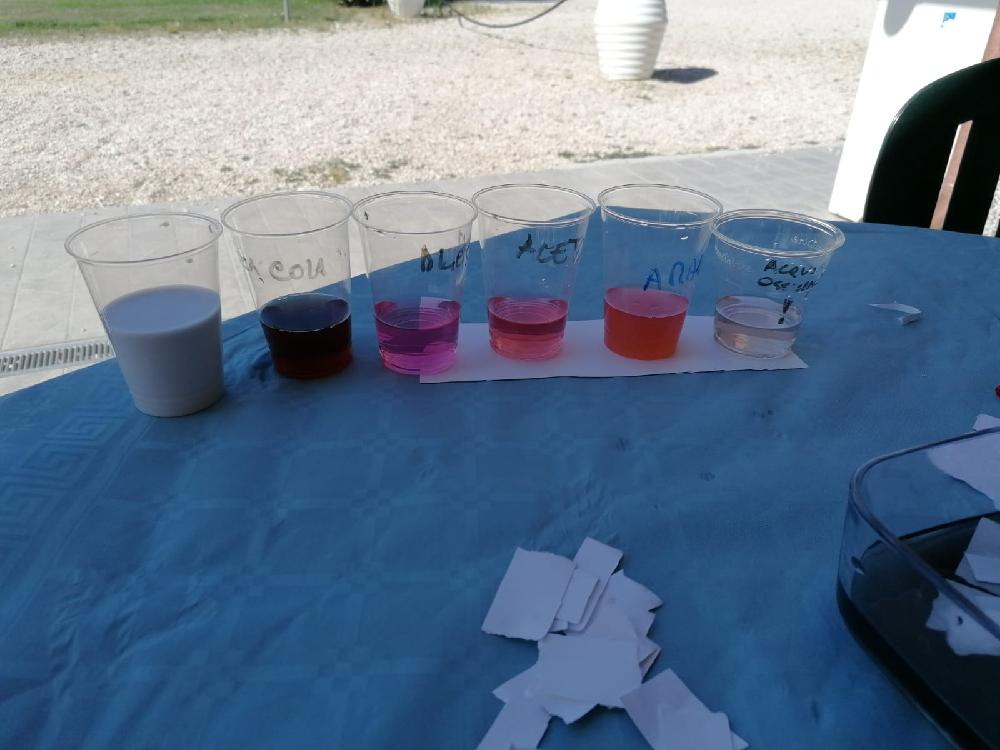
The kids and their families were enthusiastic about the labs and the camp and they wrote a letter of thanks to the summer camp Jump and to the Polytechnic University of Marche and the rector Gian Luca Gregori for the organisation of this AdSWiM initiative, for the materials and educational AdSWiM kits (bags, towels, leaflets, notepads, drinking bottles).
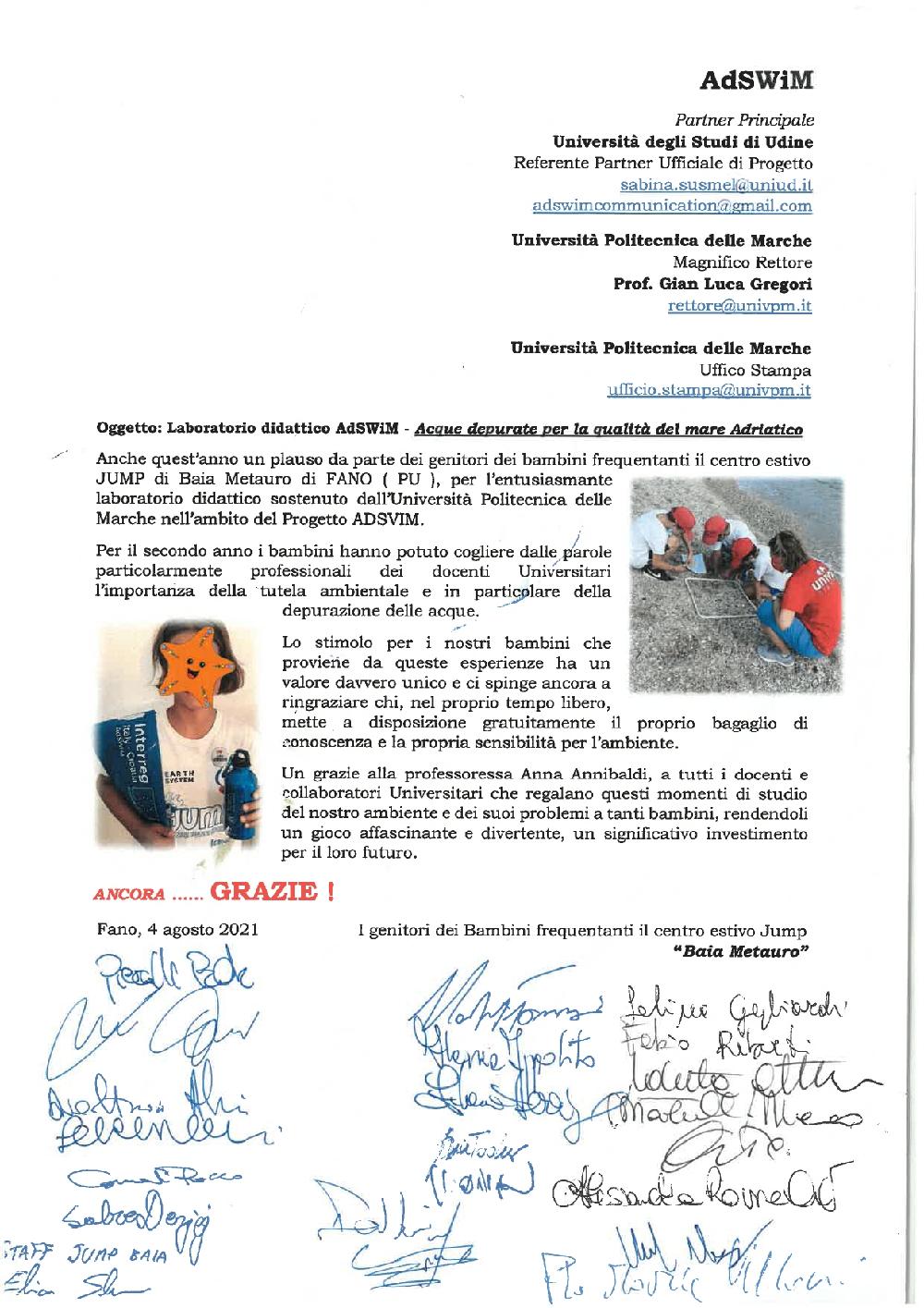
The Department of Life and Environmental Sciences (DiSVA) is a University structure of excellence that was born in 2011 from the merger of numerous laboratories involved in a wide range of theoretical and applied research topics. Linked to the environment and the marine ecosystem, it sees the participation of over 100 scientists and technicians with highly interdisciplinary skills. AdSWiM involves the Environmental Analytical Chemistry group that evaluates the quality of coastal and marine ecosystems and propose innovative descriptors and new reference models. The researchers have been measuring the level of nutrients and trace elements in sea water for about three years to assess the pollution of the Adriatic. Their experience in statistical analysis helps identifying multiple environmental stressors that affect the variability of those ecosystems.
Reef Check Italia Onlus is a non-profit scientific association dedicated to the protection and recovery of the Mediterranean reefs and all coral areas that arises from a partnership between the Reef Check Foundation, a coral reef monitoring program officially recognized by the United Nations, and the MAC (Mediterranean Coastal Environment Monitoring) project, conceived and proposed in 2006 by some researchers from the Universities of Genoa, Bologna and Polytechnic University of Marche.

